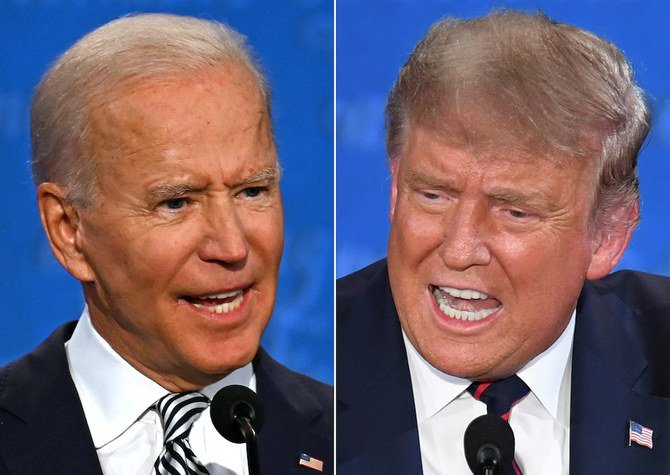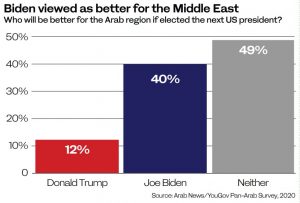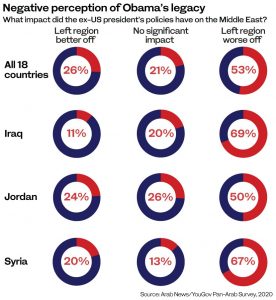
- ARAB NEWS
- 01 Jul 2025

Ephrem Kossaify
NEW YORK CITY: The 19th century French statesman and writer Alexis de Tocqueville is famous for writing what is arguably considered the most insightful book on America, its system and people. “Democracy in America” is a fruit of this outsider’s travels across the nation, deep into areas few foreigners had ventured into before.
He called it “that vast American society that everyone talks about and no one knows.” This comment is still an eye-opener today. America is big, far away and its political system is complicated enough to boggle the minds of even the most astute experts.
When a recent Arab News/YouGov survey asked people in 18 Arab countries whether they believed Americans voted directly to elect their president, writer Joe Macaron was not surprised to see that 82 percent thought so. “I do not expect everybody to know about the Electoral College system, which resulted in Hillary Clinton winning the popular vote by three million, but losing the election,” Macaron said.
“It is a difficult system. Even some Americans do not understand it. It is complex, and very hard to change, requiring big constitutional amendments.”
An impressive 55 percent of the survey’s participants said they follow the US elections avidly or occasionally follow debates, speeches, polls and social media buzz. And while 90 percent said they have heard of President Donald Trump, as many as 47 percent admitted never having heard of his rival, Joe Biden, even though the survey was conducted in September, in the heat of the election campaign.

Still, of the two rivals, it is Biden who gets higher approval numbers among Arabs, with 40 percent saying they are very satisfied with him as a candidate, versus only 12 percent for Trump.
“The issue with Trump, as expected, is his closeness with Israel. This is clear in the 89 percent who disagree with Trump’s moving the US embassy to Jerusalem,” said Macaron.
“Neither do participants have a clear view of Biden, looking at him as a mere alternative to Trump.” Macaron said “the answer is elsewhere,” referring to the 49 percent who think neither candidate will be good for the Arab world if elected as the next president.
Macaron believes that, whether it is in supporting Israel or invading Iraq, Arabs feel the US always serves its own interest.
“Arabs are not always aware of the motivation behind US policy. They don’t understand that Trump plays mostly for his base here at home. And Obama came to power riding on two causes: Get American troops out of Iraq, and fix the economy. He was not going to go to war in Syria for anyone, just because they asked him to do so.”
Yet a resounding 53 percent of the poll respondents agreed that Obama’s Middle East policy left the region worse off. What does Macaron make of it?

“Arabs expect Americans to always intervene and help in one way or the other,” he told Arab News. “Take Lebanon, where they are waiting for the results of the American elections to see what the formation of the new government will be like.
“I can name four or five Arab countries who are just waiting for the American election to unfold. This is the wrong perception; experience should have already changed it. The Middle East has changed. The US itself has changed.
“You can’t have the same perception you had during the First and Second World Wars or, say, in 1953. Today, the US will not come and save anybody.”
Macron said the US and the Arab world “are separated by a big geographical gap. There was never real close interaction between the two worlds.”
He puts it bluntly thus: “The Arabs’ understanding of America lacks nuance. They have a set of opinions about the US that is guiding them through. They see America in black and white. They either idolize Americans or demonize them.”
While Macron thinks it is normal that only 11 percent of the poll participants avidly observe and read about US politics regularly, “given the million bad things thrown at them every day,” he also admits that if Arabs believe the US impact is so detrimental to their lives, “they need to do a better job getting to know US politics a bit better.”
Twitter: @EphremKossaify